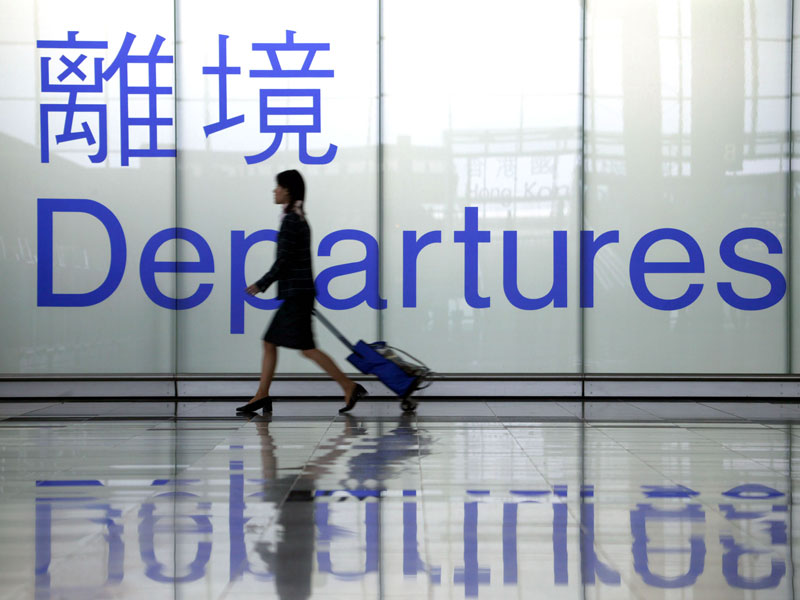The modern-day business scene is an exciting one. Businesses are growing on an unprecedented global scale and are benefitting from the improving economy, making international expansions and partnerships more common. As the reach of businesses grows, business travel is becoming an important part of operations for companies of all sizes, from SMEs to FTSE listed organisations.
Business travel can provide excellent opportunities for businesses to expand their horizons, but it must be managed properly if it is to bring worthwhile rewards. CT Business Travel’s recently published white paper, The Hidden Costs of Unmanaged Business Travel, examines the negative impact that poorly managed, or altogether unmanaged, business travel can have on a business
It’s important to consider the costs of business travel from more than just a financial perspective. Businesses must also take into account the significant amount of time that goes into arranging a business trip, the burden placed on the finance department and the duty of care employers have to employees travelling for business. If these factors aren’t properly managed, the costs to a company can be a lot more than just overspending.
While the white paper pinpoints a number of issues caused by poorly managed business travel, the message of the piece is unmistakable: businesses must have a comprehensive travel policy in place, not only to save time and money, but to ensure employees are safe during their travels and to offer an auditable trail to the finance department.
Caring for business travellers
Duty of care is a legal obligation that requires businesses to ensure that their employees are safe and cared for when working. This includes any time an employee is travelling for work.
According to The Hidden Costs of Unmanaged Business Travel, it’s not unusual for businesses to struggle to provide adequate duty of care, especially in the face of rail or airline strikes, cancellations, natural disasters and terrorist activity. As a result, duty of care is becoming more important to businesses, which are seeking out solutions for tracking and protecting their business travellers.
Financial burden
When business travel is unmanaged, it typically means that employees are having to book their own travel using their personal payment cards. For a company that regularly sees its employees travelling for work, the number of payment card reconciliations the finance department has to get through quickly builds up. Every employee’s trip involves another payment card, another invoice and another set of expenses to reimburse.
Without a managed business travel policy, finance and operations departments can get bogged down in over-complicated processes when managing the financial side of business travel.
Saving time and money
The white paper highlights a client whose business travel spending was unmanaged and reached an astonishing annual figure of £400,000 ($558,000), spent on multiple credit cards. Furthermore, the client was spending up to three hours booking a single business trip, time that could have been used on other tasks.
By using travel management companies, travel spending was reduced by 14 percent, or over £50,000 ($70,000), and the time to book a trip was drastically cut to approximately 10 minutes per trip. This is solid evidence that when business travel is approached wisely and appropriately, with access to discounted fares and the right tools, significant improvements can be made.





